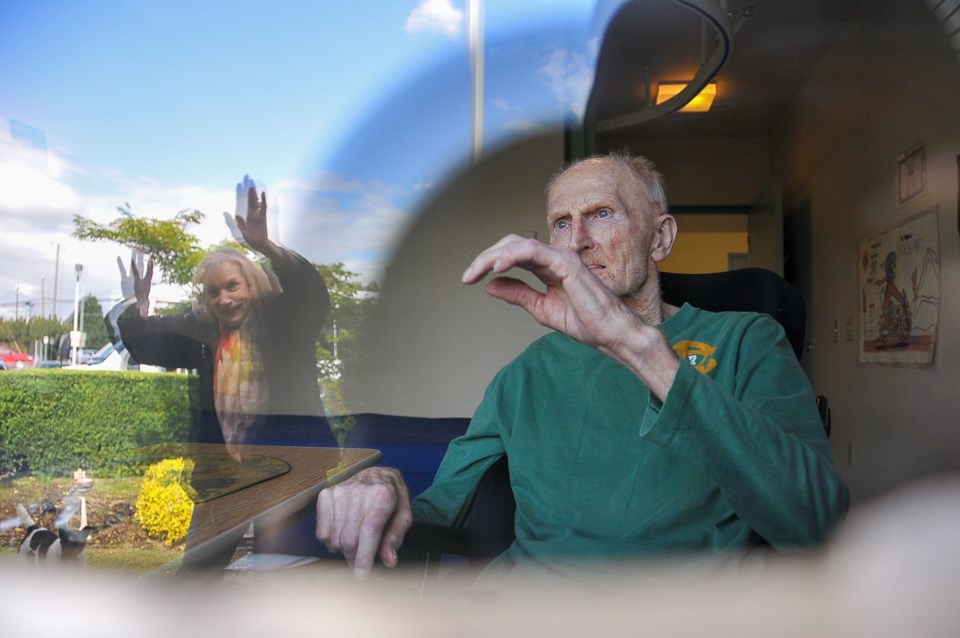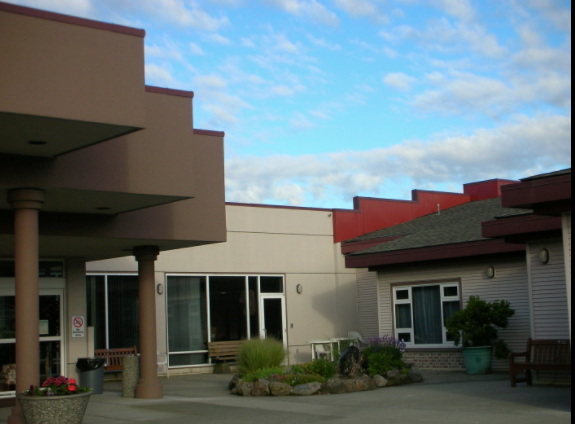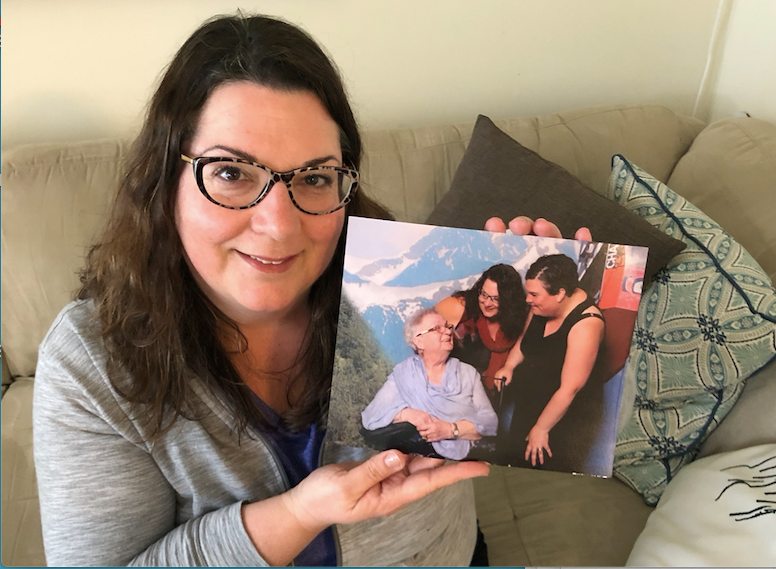Patients, residents and staff of Hawthorne Seniors Care Community in Port Coquitlam are all being tested for COVID-19 after an outbreak was declared with up to 18 people testing positive for the coronavirus.
Fraser Health confirmed the number of cases in a call with reporters Tuesday. The Port Coquitlam outbreak — one of several publicly acknowledged cases across the Tri-Cities in recent weeks — forms another worrisome epicentre for a regional body grappling with dramatically rising caseload, including 830 new cases over the weekend alone.
Fraser Health said it is working with staff to investigate if anyone else has been exposed at Hawthorne. Among other enhanced control measures, the health authority has restricted visitors, staff and resident movement in the facility and implemented twice a day screening of staff and residents.
Health care settings — including senior and long-term care homes — require only a single case of COVID-19 for public health to declare an outbreak, a status that unlocks a ramped up response.

Declared last Thursday, the outbreak at Hawthorne has grown over the last five days from a single case, and all staff and residents have been tested. As of Tuesday, Nov. 3, most of the cases were in the 70-unit assisted living facility, however, a few had been identified in the 75-bed complex care facility called Hawthorne Lodge.
Lenore Pickering, chief executive officer at Hawthorne, said the situation has been “hard” for families and she acknowledged the challenge faced by those worried over how their own mom, dad or grandparent will cope with the illness.
Still, many are aware of the efforts being made to control the virus — including room and visitor restrictions, the donning of full personal protective equipment (PPE) and staff movements limited to cohorts of 25 residents.
“I’ve been very amazed about the number of people who have reached out with supportive comments. For some families it’s very hard. The vast majority are being courageous and superstars,” said Pickering.
Families, meanwhile, are trying to stay positive despite the scary news that COVID-19 has entered the facility. But there’s a frustrating irony in the fact that COVID-19 still got in despite all the safety protocols and restrictions over the past nine months.

“All these precautions — we’re doing all this so it doesn’t get in there and everyone stays safe. Well OK, that has failed and it is there,” said Elizabeth Charyna, whose 93-year-old mother lives at Hawthorne Seniors Care Community.
Charyna said her mother, although somewhat bored, has been doing reasonably well over the past several months, keeping busy with crib games with another resident and staff facilitating regular Zoom calls with family.
Charyna is now worried about her mother being anxious now that COVID-19 has been identified in residents in the long-term care facility.
“I’m just hoping we don’t raise her anxiety level too high,” Charyna said, noting that it’s “hard to know” what is the ideal balance between protecting patients and maintaining their quality of life.
Brigitte Buermann, 80, has similar concerns. She’s been unable to get close to her husband, Bernie, for months because of COVID-19 and now fears more restrictions even as her elderly husband is at risk for COVID-19.
“I was really frustrated because you can’t go visit them — they did a little bit of visiting outside in a tent, and then inside, still six feet apart, we’re all frustrated,” she said. “Now my son just learned about COVID-19 [inside the facility]. We’re even more frustrated.”
The same concerns were raised by seniors advocate Isobel Mackenzie, who said changes need to be made to permit more visits to long term care facilities after surveying more than 13,000 families and hearing stories from family members who have not seen loved ones for months due to limits on the number of people allowed to visit care facilities.
Despite the calls for more family access, at Tuesday’s press conference, Fraser Health President and CEO Dr. Victoria Lee didn’t offer up any hope for increased visitation until the provincial government provides the staff members its promised to facilitate those visits and lower COVID-19 case counts in the region.
“These actions have saved lives,” said Lee, pointing to the tight restrictions on visitors. “It’s a challenging area… to ensure quality life, and protecting people from COVID-19 in a vulnerable setting.”
Mackenzie's report also recommends allowing longer and more frequent visits to balance the long-term risk to the health of residents caused by lengthy family separations.



